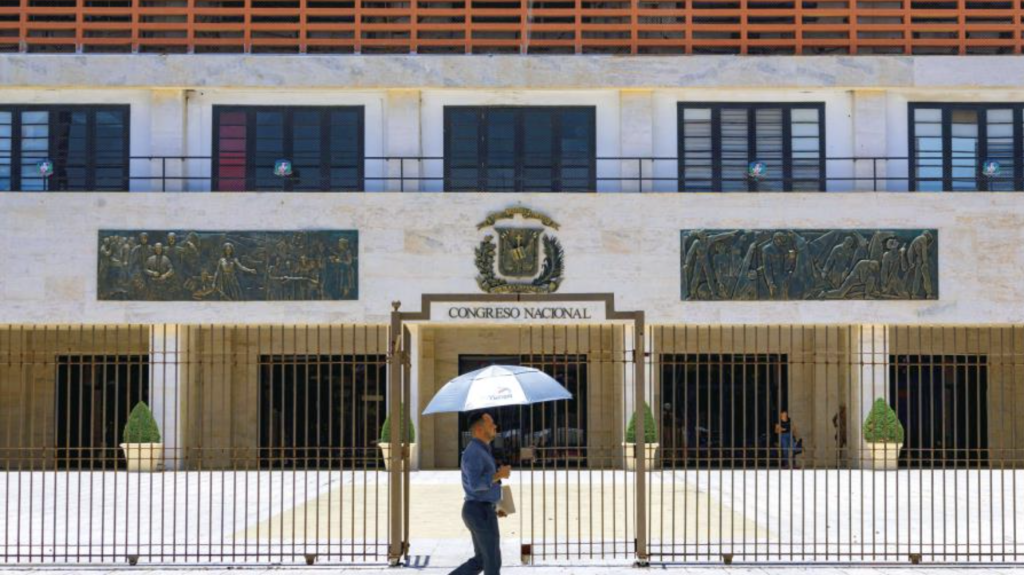
President Luis Abinader at the request of legislators issued a decree that reconvened Congress to give more time for the passage of important legislation. On Saturday, 26 July 2025, Congress had finished its ordinary first session of the year, but neither the amendments to the Labor Code or the new Penal Code had managed to be passed by both houses. Neither passed in Congress were the bills on rentals, solid wastes or the National Intelligency Agency (DNI).
Legislators are ordered to return to their jobs through the extraordinary legislative session that will now close on 5 August. Congress will then open for its second legislative period of the year on 16 August.
Regarding the Penal Code, although it passed in the Senate and had received initial approval in the Chamber of Deputies, its progress has stalled. Technical errors, missing articles, disagreements with the Attorney General’s Office, and the inclusion of external proposals have delayed the legislative process.
The extraordinary session will give lawmakers more time to fine-tune the Penal Code. If the Chamber of Deputies passes the bill in a second reading, it will return to the Senate, which must approve it in a single vote before sending it to the Executive Branch for enactment or further observations.
For the last few weeks, all of this legislation has garnered most of the headlines. The Penal Code as passed in the Senate met with the unusual public opposition of First Lady Raquel Arbaje and her three daughters who signed an open letter highlighting issues that would mean the code would be a setback.
Like with most legislation, not everybody is happy with the proposals, and lobbying has been intense to protect the various interest groups. Differing sectors of the population, unions, employers, women’s groups, religious entities, and sectorial groups like agriculture and construction are calling for modifications to the existing proposals.
The business sector is against the Labor Code amendments that seem to be on the path to passing in the Senate. The business sector spokespeople say these were not those approved during the talks between labor, business and government.
Congress was not capable of passing a new bill on rental properties that instead was allowed to expire and the entire process will need to begin once again.
The bill on solid wastes has met with opposition from those who say its clauses create monopolies for the use of solid waste as fuels for producing energy. Many associations attached to the hospitality sector also reject the legislation.
Likewise, the bill that creates the National Intelligence Agency (DNI) that had been approved by the Senate gets more time for its passing after being objected by journalism sector experts.
The ruling PRM has the absolute majority in both the Senate and the Chamber of Deputies.
Read more:
Diario Libre
Diario Libre
Diario Libre
Diario Libre
El Caribe
Hoy
El Dia
El Dia
Listin Diario
Diario Libre
Noticias SIN
28 July 2025

